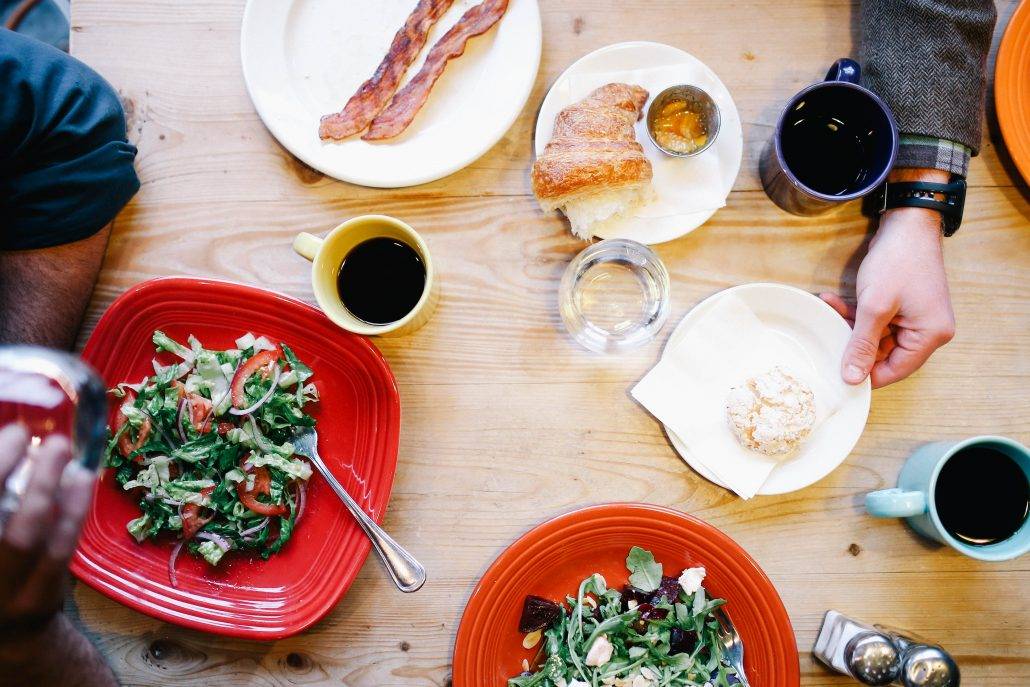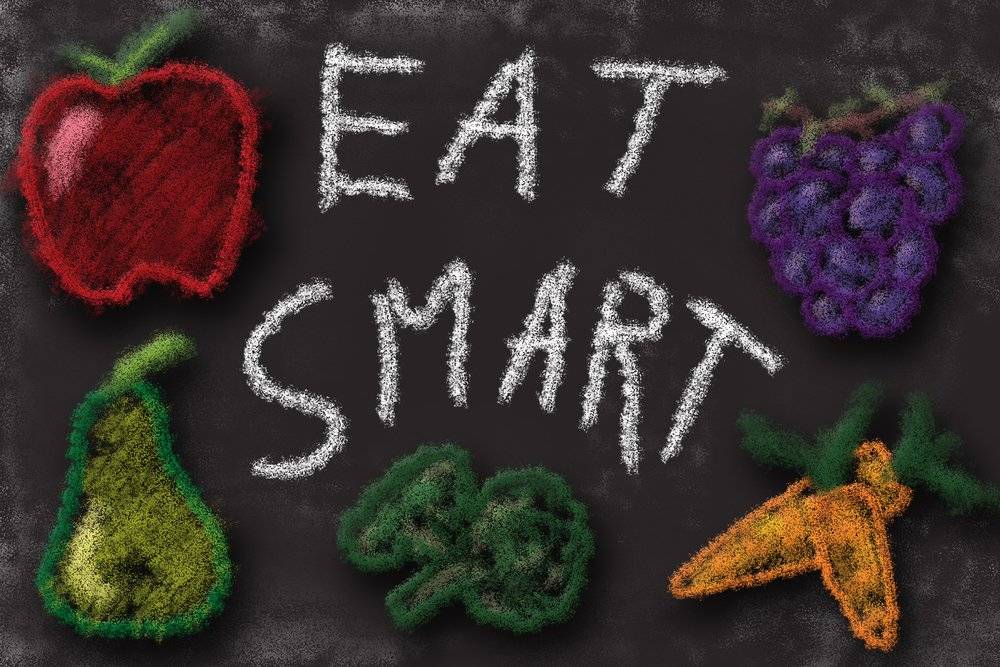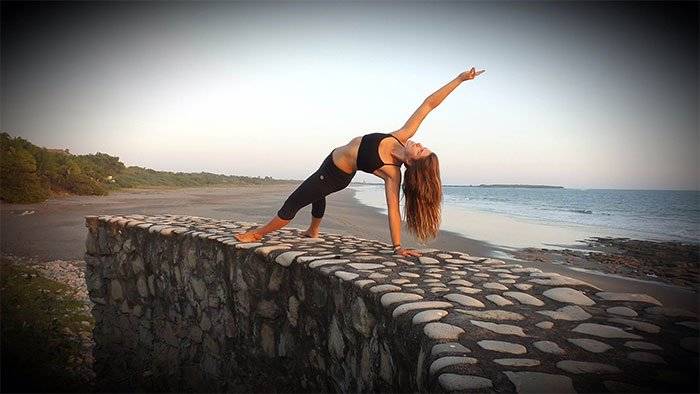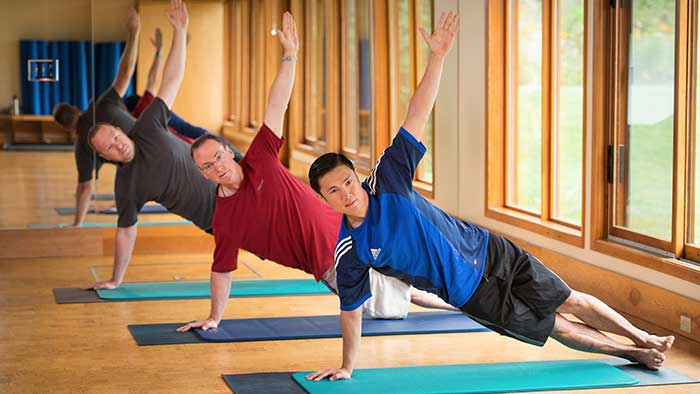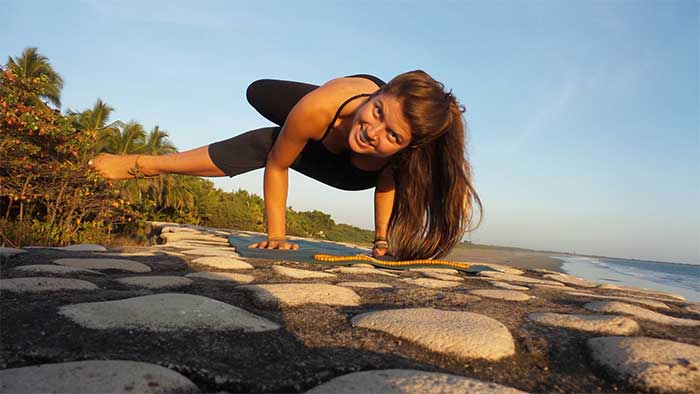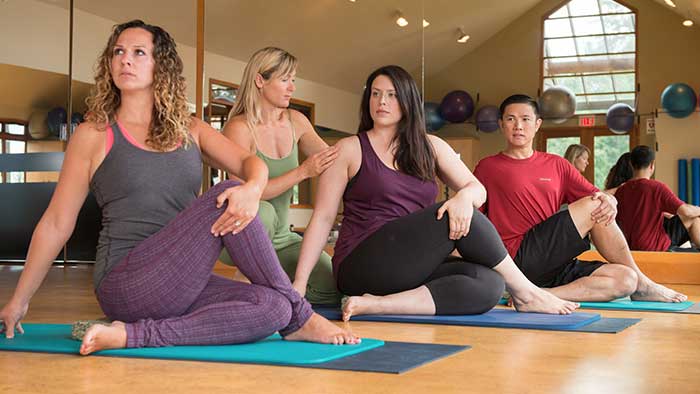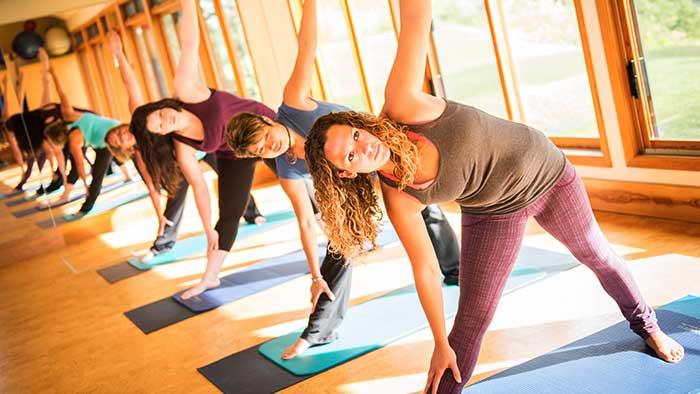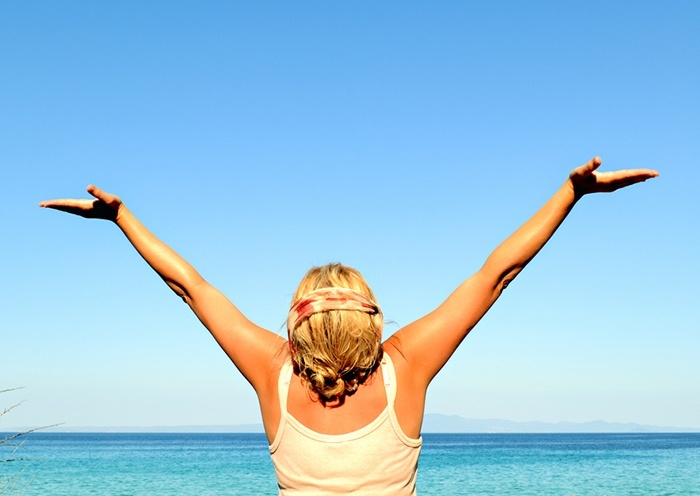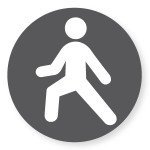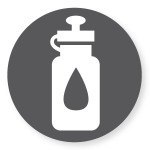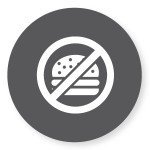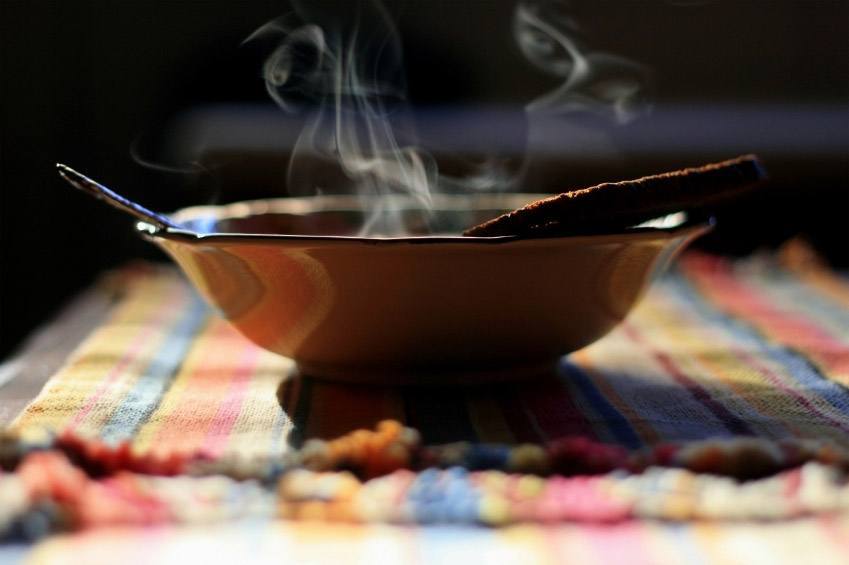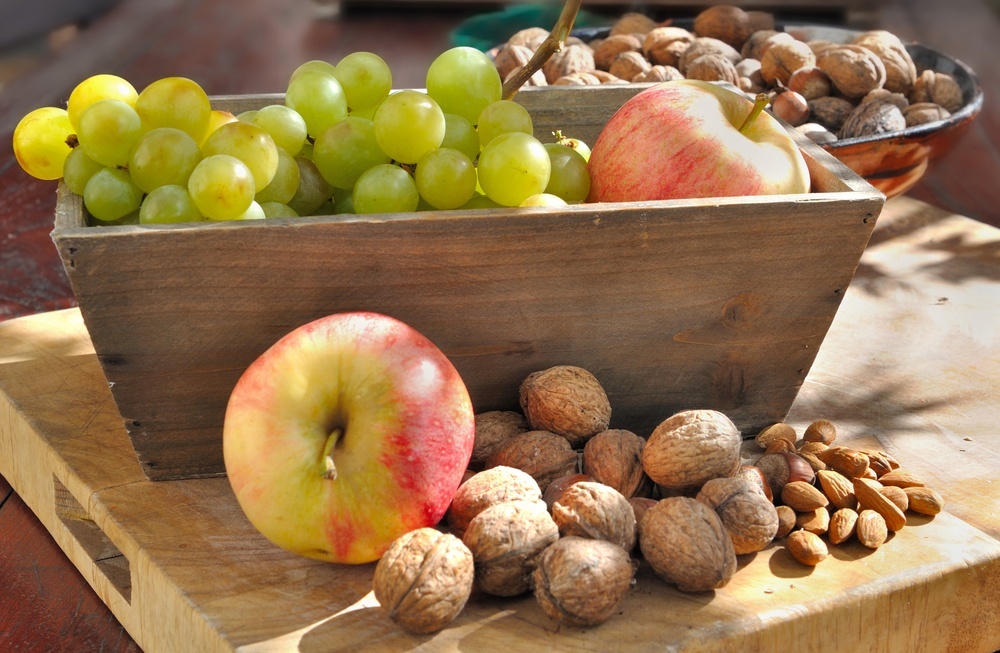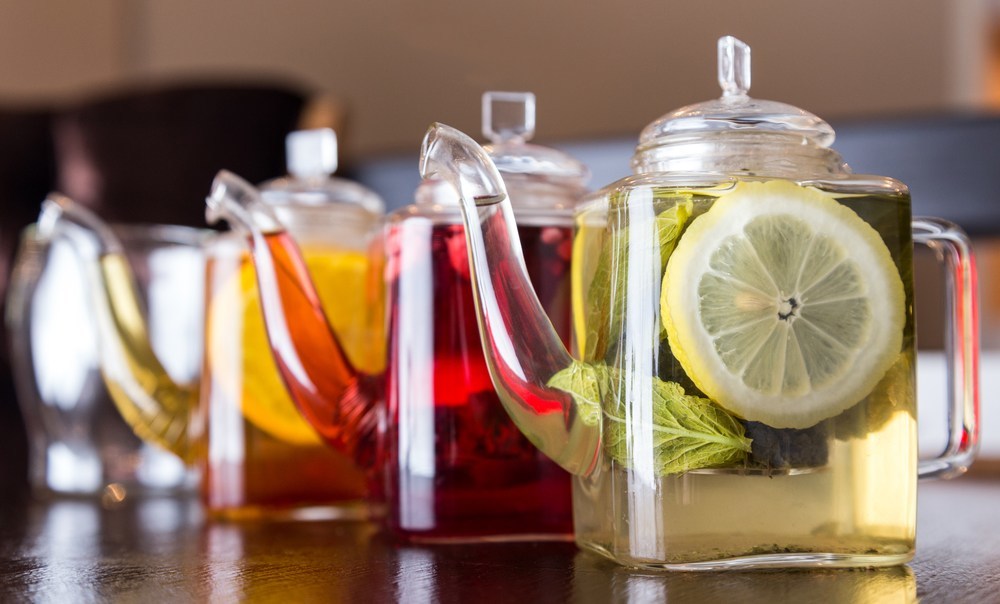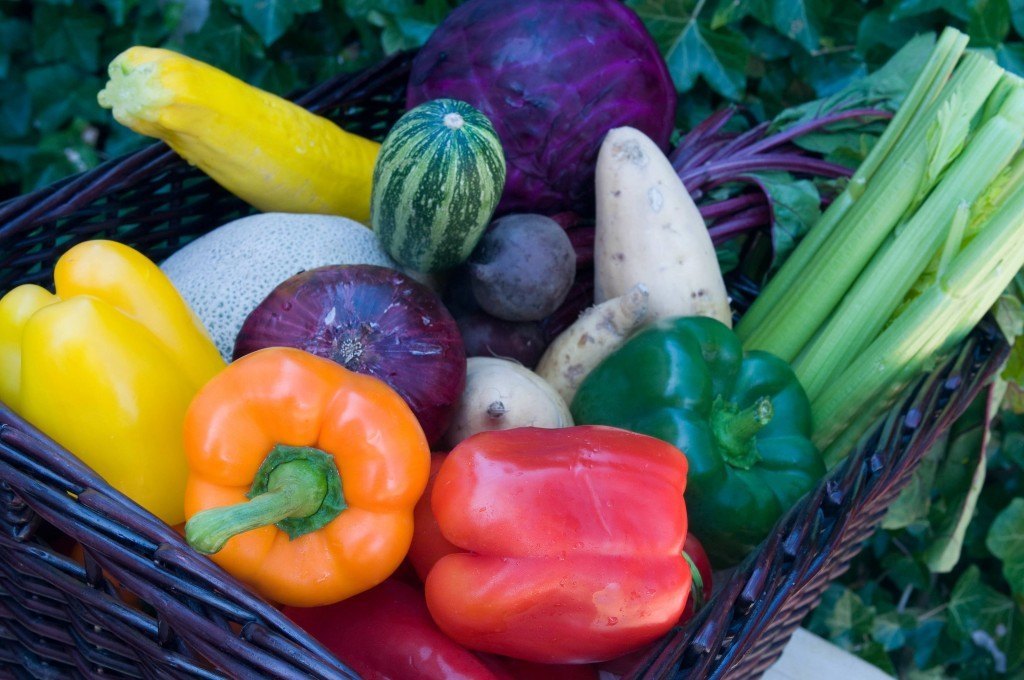What is Intermittent Fasting and How to Do it Right
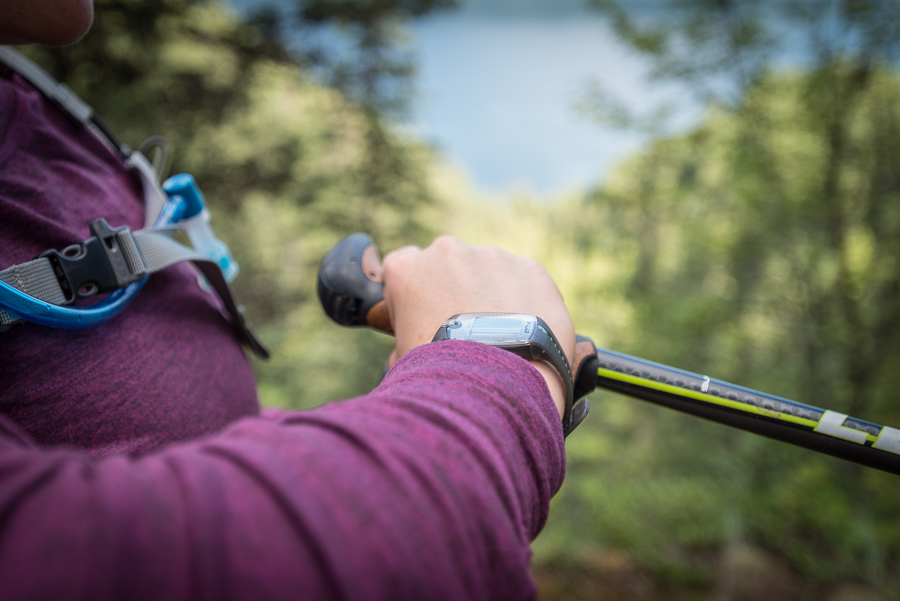
At Mountain Trek, we hear a lot of guests say they’re “intermittent fasting.” To some, this means skipping breakfast; to others, this means eating just dinner. Which is right? Which is wrong? Mountain Trek also practices intermittent fasting (IF) and has developed a specific method over the past 20 years proven to help guests ignite their metabolism. Here, our Registered Holistic Nutritionist, Jenn Keirstead, gives us the scoop on Mountain Trek’s approach to IF:
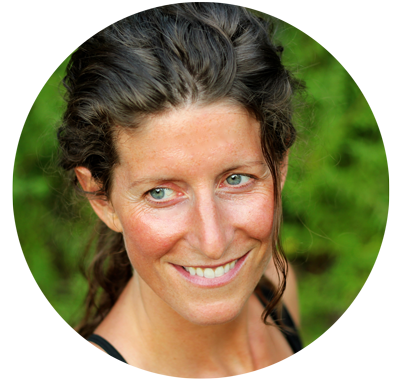
What Is Intermittent Fasting?
Intermittent Fasting has become the latest health fad that allegedly assists with weight loss. It has even ranked as the “trendiest” weight loss search of 2019. The dietary term is used to describe the cycle between periods of fasting and eating.
Experts say: it’s not all hype. In fact, many agree that the diet can be helpful in boosting longevity, maintaining blood sugar levels, and reaching a healthy weight.
Popular Methods of Intermittent Fasting
Not surprisingly, given the popularity, several different types or methods of IF have been established. Being popular doesn’t mean they are healthy, however. Explained below, are a few of the most popular methods:
Time-restricted eating: Fast for 16+ hours each day
This method involves fasting every day 16+ hours and restricting your daily “eating window” to 8 hours. For example, if you finish your last meal at 8 p.m. and don’t eat until noon the next day, you’re technically fasting for 16 hours.
The 5:2 diet: Eat for 5 days, Fast for 2 days per week
For one to two nonconsecutive days per week, you consume just water plus 500 calories, (200 of which are protein), either in one meal or spread out over the day. The other five or six days a week, you can eat whatever you want, whenever you want.
Alternate-day fasting: Fast every other day
For the first 24 hours, you consume just water plus 500 calories, (200 of which are protein), either in one meal or spread out over the day. For the second 24 hours, you can eat whatever you want, whenever you want. Repeat the cycle every two days.
After reading about a trend, I always like to ask myself: is this diet restrictive in any way, and is it sustainable long term? These are always good points to ponder before you find yourself in yet another diet + binge cycle.
Also, a word of caution from Dr. Frank Hu, chair of the department of nutrition at the Harvard School of Public Health. Hu explains: “It’s human nature for people to want to reward themselves after doing very hard work, such as exercise or fasting for a long period of time; so there is a danger of indulging in unhealthy dietary habits on non-fasting days. In addition, there’s a strong biological push to overeat following fasting periods. Your appetite hormones and hunger center in your brain go into overdrive when you are deprived of food. He also comments, “Part of the fascination with IF arises from research with animals showing that fasting may reduce cancer risk and slow aging. One hypothesis is that fasting can activate cellular mechanisms that help boost immune function and reduce inflammation associated with chronic disease.”
How to do Intermittent Fasting correctly
Here at Mountain Trek, we too have our opinions about the structured fasting and eating cycles. Program Director, Kirkland Shave, describes our version as a, “12 on, 12 off.” He explains how, “The Mountain Trek program, where we take a 12-hour break without food (glucose) at night, aids in deeper sleep, less calorie storage, less LDL cholesterol production, and lowering the potential for Insulin Resistance (precursor to type 2 diabetes).” We also believe that fasting is beneficial in supporting the anti-inflammatory response of cellular autophagy (self-eating). According to Priya Khorana, PhD, in nutrition education from Columbia University, this is the body’s way of, “Cleaning out damaged cells, in order to regenerate newer, healthier cells.” Autophagy occurs when sleeping—another reason to fast at night.
The idea of eating during the day makes sense to us. This is because you’re eating when your body and brain are most active. This way you consume your calories when your body needs them the most. You are literally fueling your metabolic engine as it needs energy, rather than operating on a full tank all the time. When done correctly, with proper portions and timing, this means your engine will be running as clean and efficient as possible. No build-up, no excess.
We support a daily 12-hour fast, for our reasons above—we’ve just restructured the guidelines, to encourage a more healthful, sustainable, and practical approach.
Fast for at least 12 hours overnight
This might feel challenging at first, as many of us are accustomed to late-night eating and snacking. Many people find themselves mindlessly eating late at night, even when they aren’t hungry. But eating late into the night means our metabolism is still revved up when it’s time to slow things down and rest. Continuing to digest through the night disrupts sleep’s natural healing processes, and prevents autophagy, when our cells “clean themselves”. Ideally, leave at least 3-4 hours to digest before going to sleep. You will notice your sleep improves as you’ll get to truly rest, instead of digest. Learn more about our sleep program.
One thing to consider is that nighttime eating may be the result of an overly restricted daytime food intake, leading to ravenous hunger at night. You may find that more consistent eating throughout the day helps curb the out-of-control feeling around food in the evening.
Daytime fasting has become popular, but it deprives our bodies and brains of energy when we need it the most, often leading to energy and mood fluctuations. Plus, it’s much easier to do a full 12 hour fast when you’re sleeping for (ideally) 8 of the hours!
Another bonus of IF and eating dinner earlier: after 12 hours food-free, you’re actually hungry when you wake up! Breakfast is the most important meal of the day for fueling our brain and body, but it’s hard to bring ourselves to eat it when we’re still full from last night’s dinner. Think back—when was the last time you woke up to a hungry stomach?
Break your fast first thing in the morning
Consume your first calories within 30 minutes of rising—think of breakfast truly as “breaking the fast.” Real food first please, though, not coffee!
There are options here. If you’re the exercise-before-work type, you can grab a quick snack consisting of a fruit/veggie, with a protein. Some examples include: apple + seeds, carrots + nut butter, or 5 oz of our Energizing Morning Smoothie made from frozen berries, spinach, banana + hemp hearts. This amount of nutrition is enough to boost your anabolic metabolism by supporting the steroids that stimulate protein synthesis, muscle growth, and insulin production.
You can also break your fast with actual breakfast. Fantastic examples include: a veggie omelet with sprouted, whole grain bread, or a bowl of oatmeal with berries and seeds. Here are some other wonderful breakfast recipes:
Homemade Granola Yogurt & Berry Bowl
Yam Pancake with Poached Egg & Avocado Salsa
Warm Buckwheat Bowl with Fruit & Nut Butter
Eat every 2-3 hours for 12 hours
The primary goal of eating during the day is to efficiently fuel your energy requirements. Efficiently means we’re not under or overeating. Undereating leads to blood sugar drops and energy crashes. Overeating leads to a surplus of calories, a blood sugar spike (hyperglycemia), and subsequent issues like diabetes and obesity. Eating smaller portions more frequently during the 12-hour eating window balances your cravings as well as your energy and blood sugar levels. The result is higher, more consistent energy levels, reduced bloating and inflammation, and balanced hormones.
After your breakfast, we suggest that you continue on throughout your day with both lunch and dinner, including 1 snack in between each meal. This means you’re eating every 2-3 hours during the waking hours, leaving you more satiated and energized.
If you intend to adhere to the 12-hour fasting window, dinner is required to be an earlier meal. This may take the most planning. To enjoy dinner at a more reasonable hour, you may want to try batch cooking on the weekends, a crock-pot meal, or one of the many convenient, health-supporting apps, in which you can pre-order food right to your door. Do whatever it takes to make having an earlier dinner easier!
Advanced Tip: Eat 2/3 of your calories in the first 9 hours. Eat a higher calorie breakfast and then taper off throughout the day. Your dinner should be the smallest meal of your day. This will accelerate the benefits of intermittent fasting.
Learn more about our nutrition program or read more of our articles to continue reading about how to live a healthy, balanced life. Or join us for a week-long health-immersion at our retreat! More below.
What is Mountain Trek?
Mountain Trek is the health reset you’ve been looking for. Our award-winning retreat, immersed in the lush nature of British Columbia, will help you unplug, recharge, and roll back years of stress and unhealthy habits. To learn more about the retreat, and how we can help you reset your health, please email us at info@mountaintrek.com or reach out below:

